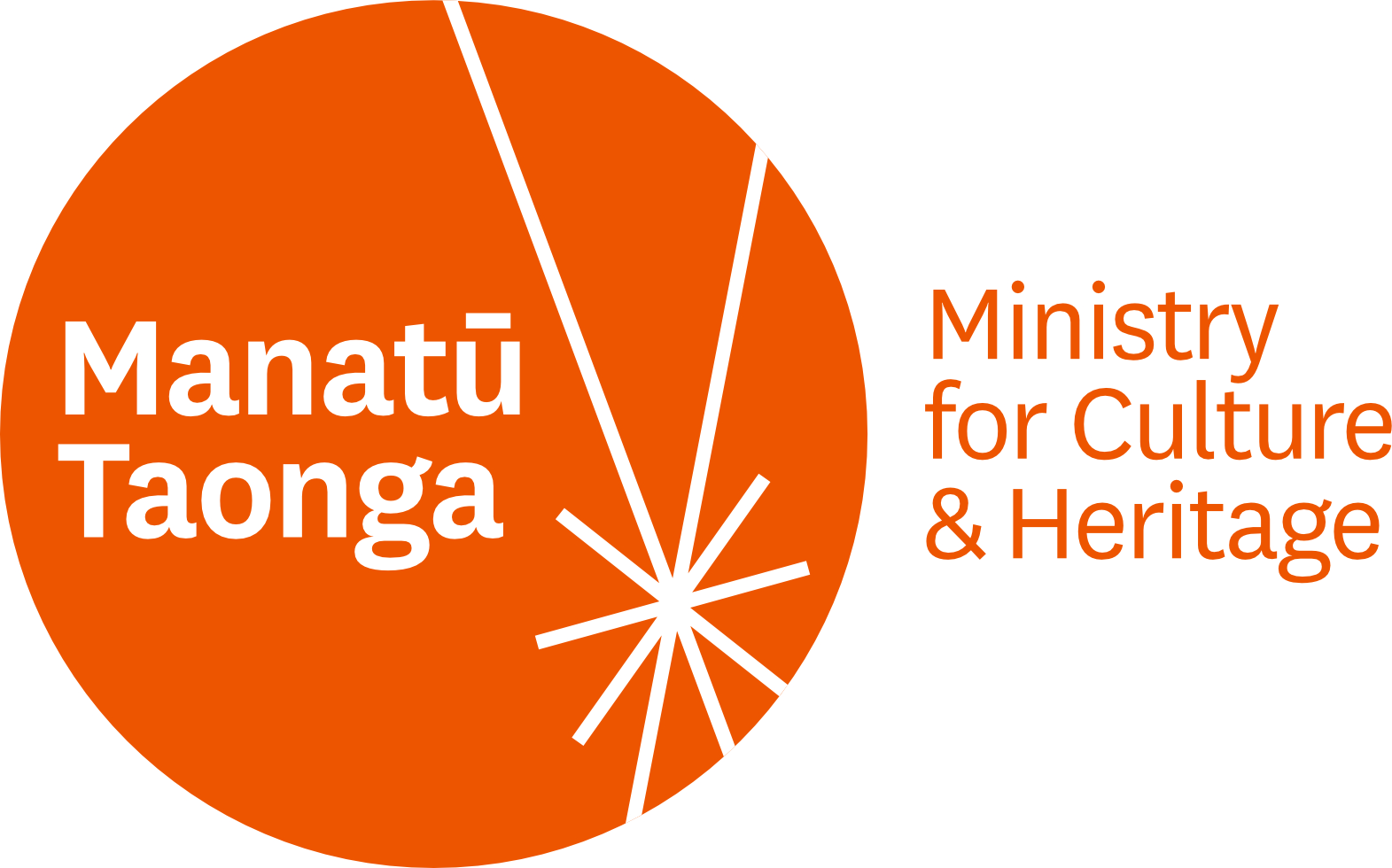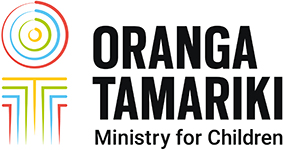Wellington cluster groups inspire action
10 January 2011 Partnerships between arts organisations working with the Deaf and MÄori communities and theatres collaborating to solve technical issues over hearing loops are among the many positive outcomes of an ongoing consultation process following the publication of Arts for All: opening doors to disabled people.
The practical guide on the arts and disability, published by Creative New Zealand in partnership with Arts Access Aotearoa, was launched in December 2009. Regional workshops have since been held in Auckland, Wellington, Christchurch and Dunedin. In late December 2010, groups of representatives from arts organisations in Wellington met for a series of follow-up cluster group sessions. Similar cluster meetings are being planned for other regions this year.
The four cluster groups involved in meetings at Toi PÅneke Arts Centre covered performing arts venues, theatre and dance organisations, visual art galleries and museums, and touring organisations. Wellington City Council partnered with Arts Access Aotearoa on the initiative. Disability awareness consultant Stewart Sexton participated in each of the cluster group sessions.
Networking benefits
Emma Chinnock , Arts Access Aotearoa Community Development Manager, says the networking benefits of the process have already been massive.
“For example, Circa Theatre and Downstage Theatre have hearing loops, which is fantastic, but both have been having technical problems with them. Now that they both know that, they can work together to find solutions.”
Other issues discussed by the performing arts venues cluster included the use of audio descriptions for vision-impaired people, Sign Language interpretations for Deaf audience members, and the possibilities of allowing vision-impaired people to explore stages before or after performances.
Touring organisations talked about the need for training for front-of-house staff on how to help disabled patrons; sharing information about venue access among the touring organisations and with potential patrons in the disabled community; and using the collective leverage of touring organisations to encourage venues to improve access.
Public tours
The visual art galleries and museums group, which included representatives from Te Papa, the City Gallery Wellington and Toi PÅneke, discussed initiatives such as making public tours more accessible to disabled visitors.
Odd Socks Productions, which creates performance and training opportunities for Deaf and hearing arts practitioners, was represented at several of the cluster meetings. The group is keen to engage with mainstream arts organisations in Wellington to have more signed performances at a reasonable cost.
Emma said a high percentage of children in the Deaf community are MÄori, so Taki Rua Productions is looking to partner with Odd Socks Productions to develop programmes. One of the MÄori theatre company’s staff is planning to learn Sign Language.
Sue Paterson, Executive Director of the New Zealand International Arts Festival, is working with a vision-impaired person to ensure the festival’s programme information is accessible.
Recording progress
Other organisations involved in the Wellington cluster meetings include the Royal New Zealand Ballet, BATS Theatre, Chamber Music New Zealand, New Zealand Opera, Vector Wellington Orchestra and Capital E.
Arts Access Aotearoa will continue to keep in touch with the people involved in the Wellington cluster groups to follow their stories, and profile and record the progress they make on improving their access.
Emma has been impressed with the response – and enthusiasm – from art organisations wanting to be more inclusive as they look to build their audiences.
“The cluster sessions in Wellington have resulted in a very positive response from the organisations, who have come back to me seeking advice on policies such as ticketing.
“We want to move things forward in a supportive environment, and we want to do it together.”




